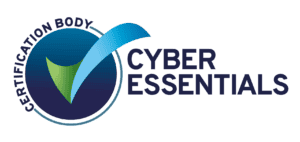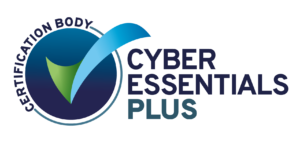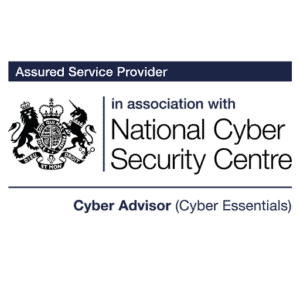Speak to an expert
Speak to an expert
Cyber Essentials is endorsed by the UK government and sets the baseline standard for cyber security. It is subject to continual review and usually receives a minor version update once every six months. The latest question set, coined ‘Evendine’, was launched on 24th January 2022 and is the most significant update since the standard’s inception.
The most notable change is the inclusion of cloud based services within the Cyber Essentials technical controls. This change has been made in response to a steady migration away from in-house IT infrastructure, towards cloud based services. A trend that has accelerated tremendously since the advent of COVID-19.
The scope of the Cyber Essentials standard will be expanded to include a few areas which have previously been descoped by default. These are:
Thin clients are now in scope. These are defined as “machines which are used to connect to a remote server (such as Citrix) to carry out work rather than being worked upon directly”.
They must be included in the devices section (A2.4.1) of the assessment, regardless of whether they are “True” thin clients or not.
Home working has not changed since the preceding scheme’s Beacon update, but to clarify:
There have been several changes made to the five controls of Cyber Essentials witiin this update. A summary of the key differences are:
The minimum requirements for passwords have changed and it is now at least 12 characters. It can be eight characters if:
This is applied across the question set in various sections, such as Firewalls, Secure Configuration and User Access Control.
Device locking is now a requirement of the Secure Configuration section (A5.10, A5.11).
Devices that require a user to be present, such as laptops and phones, must have a locking mechanism. This can include biometric authentication, password, or PIN.
Where the credentials used are solely in place to unlock the device and further authentication is required to access organisational data, a PIN of at least six characters can be used.
This control also requires at least one method of brute force protection to be in place out of the following:
Previously, the use of unsupported or legacy applications would result in two Major Non-Compliances, but could still result in a ‘Pass’ result for Cyber Essentials.
This will now result in three Major Non-Compliances and therefore a ‘Fail’ for the assessment. The exception to this rule is where unsupported software is held on devices that are on a segregated sub-set network with no internet access.
Where the scope of the assessment is not for the “Whole Organisation”, the segregated sub-set network is permitted to have internet access “where the sub-set has been removed from the scope”.
The MFA requirements under the User Access Controls section have been extended to cloud services which are now in scope.
Should you have any questions or concerns about these Cyber Essentials scheme changes, do not hesitate to get in touch. Our friendly team of cyber consultants will be happy to offer you pragmatic advice.
At Assure Technical, our people-first approach helps make security simple.
Get in touch with our expert consultants for straight-talking, jargon-free technical security advice.











